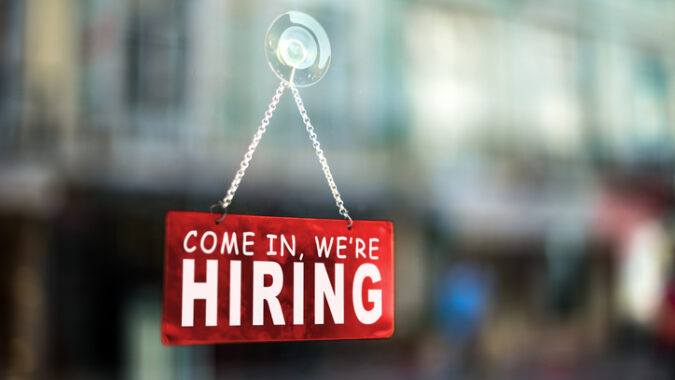Beware of classifying workers as independent contractors.
Both the state and federal labor departments are on the lookout for companies paying people with 1099s who should really be employees. And the share of the workforce classified as independent contractors or freelancers is growing. The Bureau of Labor Statistics is expecting the share of independent contractors in the workforce to jump to between 30 and 40 percent this year.
On top of that, the laws surrounding independent contractors are anything but clear. For employers, even trying to decide if someone is legally an independent contractor or an employee is difficult.
“It’s a pretty complicated area of law,” explains Laura Link, an attorney with Archer Law. “There are a million tests; there are tests under several different federal laws for what’s an independent contractor versus an employee; there are several tests under New Jersey law for what’s an independent contractor. And they’re all different.”
“You might have somebody that you have properly classified as a contractor under the New Jersey wage and hour law who isn’t an independent contractor for purposes of the federal Family and Medical Leave Act,” Link said.
To show how fuzzy the law surrounding independent contractors is, consider the cases of Uber and Garden State Fireworks, Inc.
In the case of Garden State Fireworks, their independent contractors are the people who set up and fire off the fireworks displays. These contractors are only needed a couple of weekends a year, the biggest, of course, being Fourth of July. Yet when one of these contractors filed for unemployment, the New Jersey Department of Labor decided they should be classified as employees.
While they weren’t controlled by the company, they did perform a service that is inside the usual course of business, and they didn’t display fireworks for other companies besides Garden State—two fundamental conditions of being a contractor under New Jersey law.
Need more? Contact the NJBIA Member Action Center
But as Link explained at NJBIA’s seminar Defending Your Independent Contractor Decisions, the state Appellate court ruled in September that Garden State had classified them properly as independent contractors. The court said while their work was part of the usual course of business, it was not conducted at the business. And while they didn’t have other jobs displaying fireworks, they did have other jobs doing different things.
Uber did not fare as well. The peer-to-peer ride-sharing company, along with Lyft and others, allows individuals to give rides to the public using their own car and get paid through the company, which runs the software that organizes the rides and bills the clients.
Uber classifies the drivers as independent contractors. After all, the drivers can decide when they want to be on call and which rides they want to provide.
In a class-action lawsuit joined by approximately 400,000 Uber drivers in California and Massachusetts, Uber faced claims that it had misclassified its drivers as independent contractors and owed these drivers benefits that they would have received had they been properly classified as employees.
Uber reached a $100 million settlement with the drivers of those two states, only to have it thrown out by a federal court because $100 million was not big enough.
“Uber ruined it for everybody,” Link said. Some other states have challenged Uber’s classification, and their success will likely raise the issue nationally.

